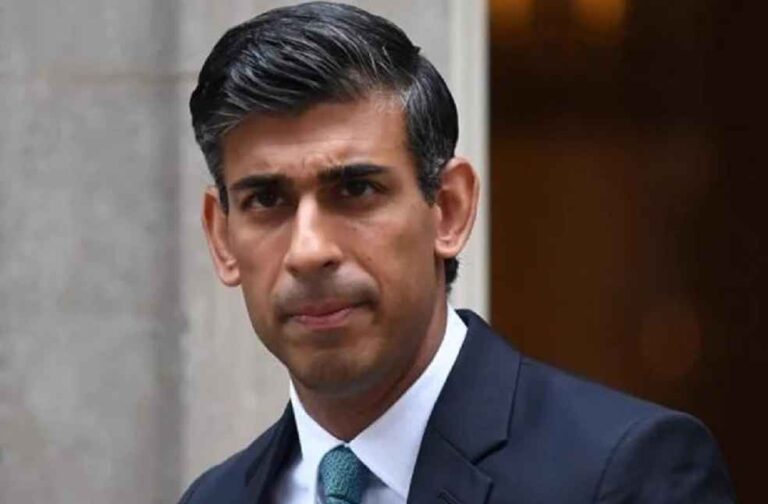As global eyes turn to the upcoming G20 summit in Delhi, UK Prime Minister Rishi Sunak cools expectations of a rapid UK-India trade pact. Reports from The Guardian suggest Sunak eschews an ‘early harvest’ arrangement. This approach might have permitted reduced tariffs on items like whisky, yet sidestepped intricate issues like professional services.
This decision casts uncertainty over potential discussions before Sunak’s forthcoming meeting with India’s Prime Minister, Narendra Modi. Speculations swirl, with experts suggesting a potential deal might remain elusive before both nations face polls in 2024. Nonetheless, some government sources retain optimism, hinting at a possible breakthrough later this year.
The idea of a UK-India free trade agreement has long been a beacon for post-Brexit Britain. A government insider disclosed, “There was talk last year of a deal by last Diwali, but that was only going to happen if it was a shallow deal based around a limited number of goods. Kemi Badenoch (the trade secretary) and Rishi Sunak have decided they don’t want to go down that route and so have taken a deadline off the table.”

Some sources intimate India’s keenness on a foundational goods agreement could jeopardize the UK’s expansive objectives.
Signs of the agreement are visible in select areas: India seems agreeable to lower tariffs on whisky and cars, and the UK appears ready to respond for textiles and other products. The Sunday Times hinted at India’s willingness to reduce scotch whisky tariffs in exchange for UK tax breaks for Indian workers, though the exact details remain under wraps. Such overtures could have smoothed the path for a concise trade pact this week. Yet, Sunak and Badenoch’s reservations about compromising a grander deal have led to its deferral.
Ongoing discussions encounter persistent challenges. India’s push for more student and worker visas is a point of contention. While the UK has demonstrated flexibility, particularly by amplifying work visas post-EU departure, it remains cautious about modifying entry norms. Beyond visas, deeper challenges arise in the UK’s push for fortified intellectual property safeguards, especially for its pharmaceutical sector in India, which contrasts with India’s aspiration to curb non-UK-produced goods, ensuring it safeguards its interests from third-party beneficiaries.

Navigating these intricacies, coupled with the diverse economic priorities and cultural nuances of both nations, a holistic trade agreement remains a lofty aspiration, demanding not only technical alignment but also a profound understanding and synergy between the two countries.
LATEST NEWS | Xi Jinping expanded China’s Services Sector for Global Economic Revival



